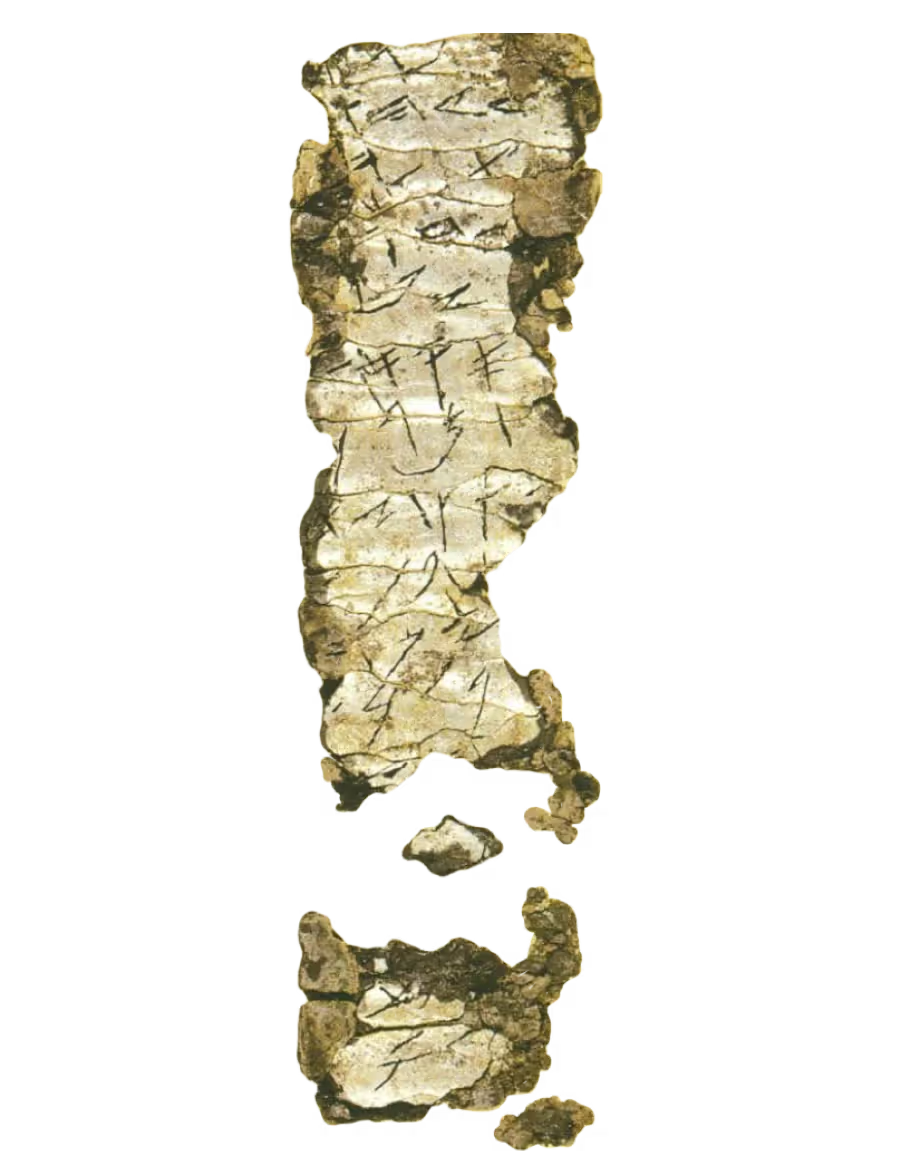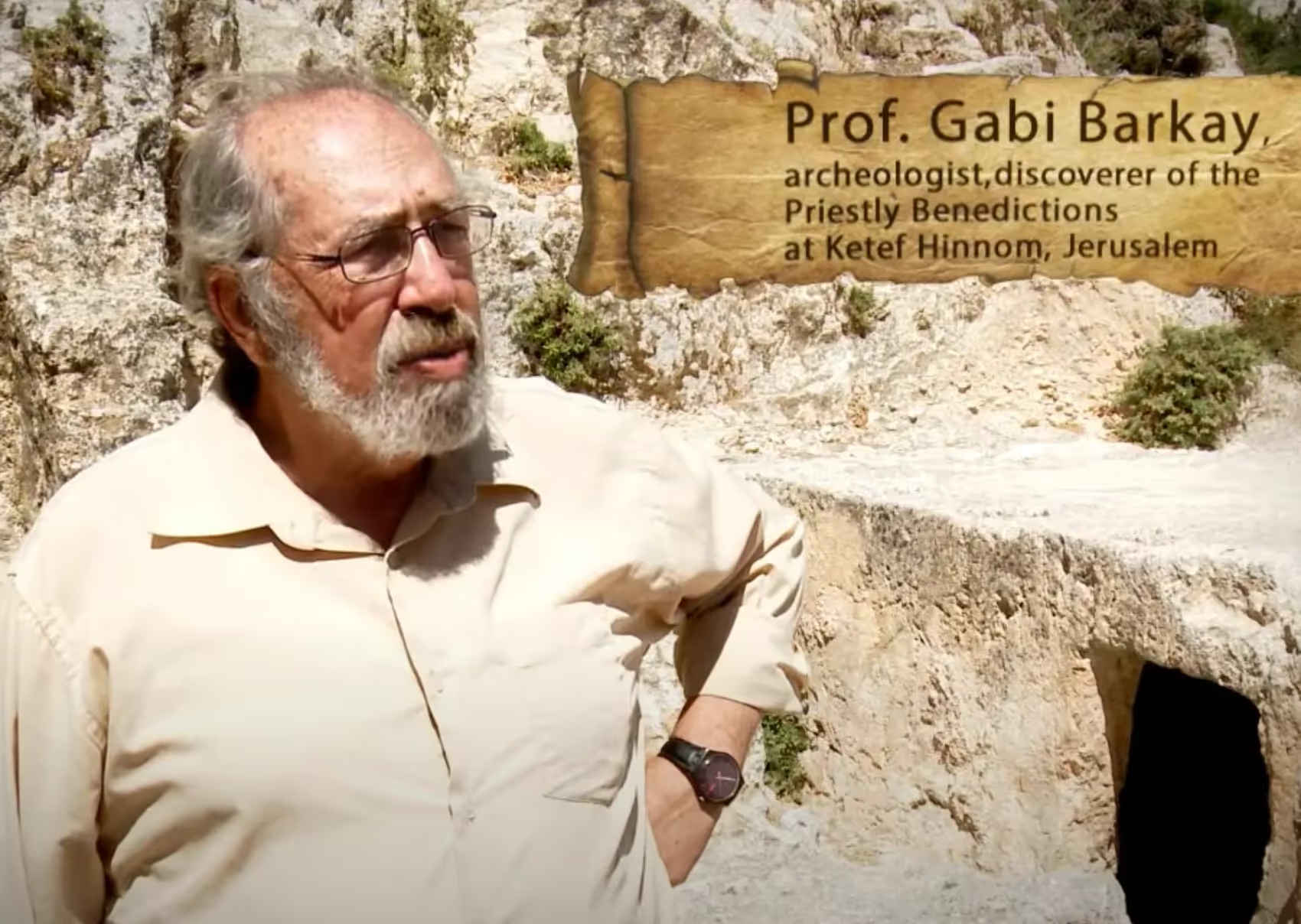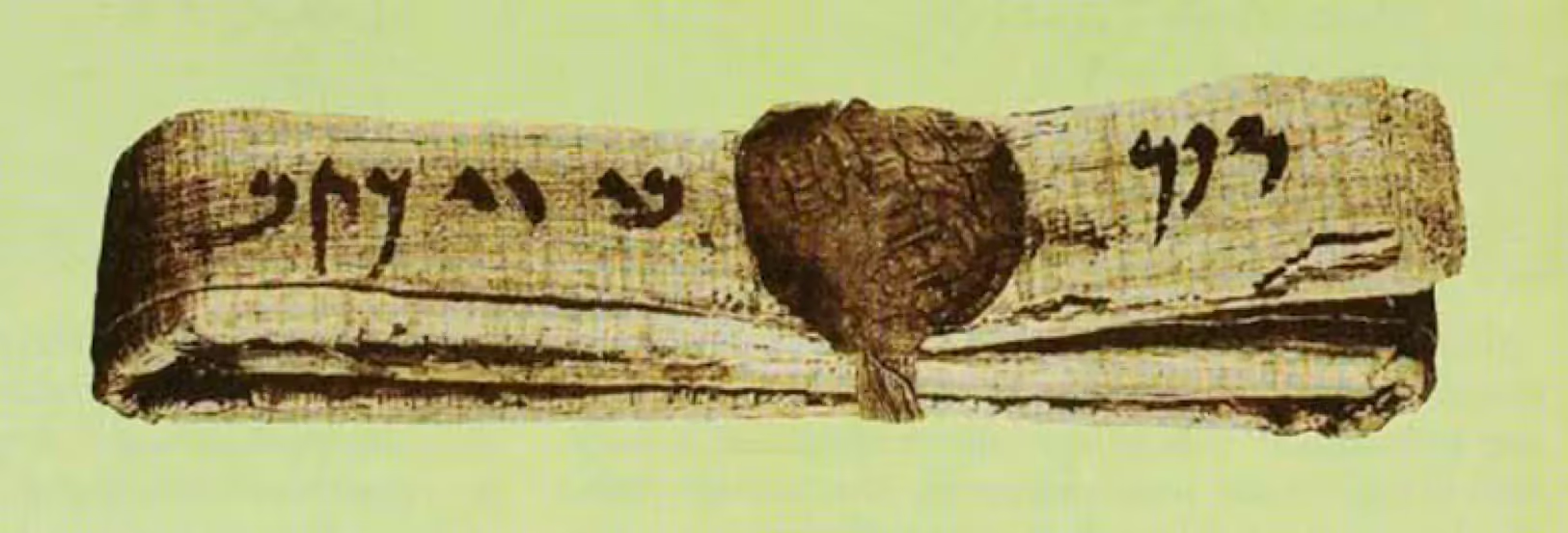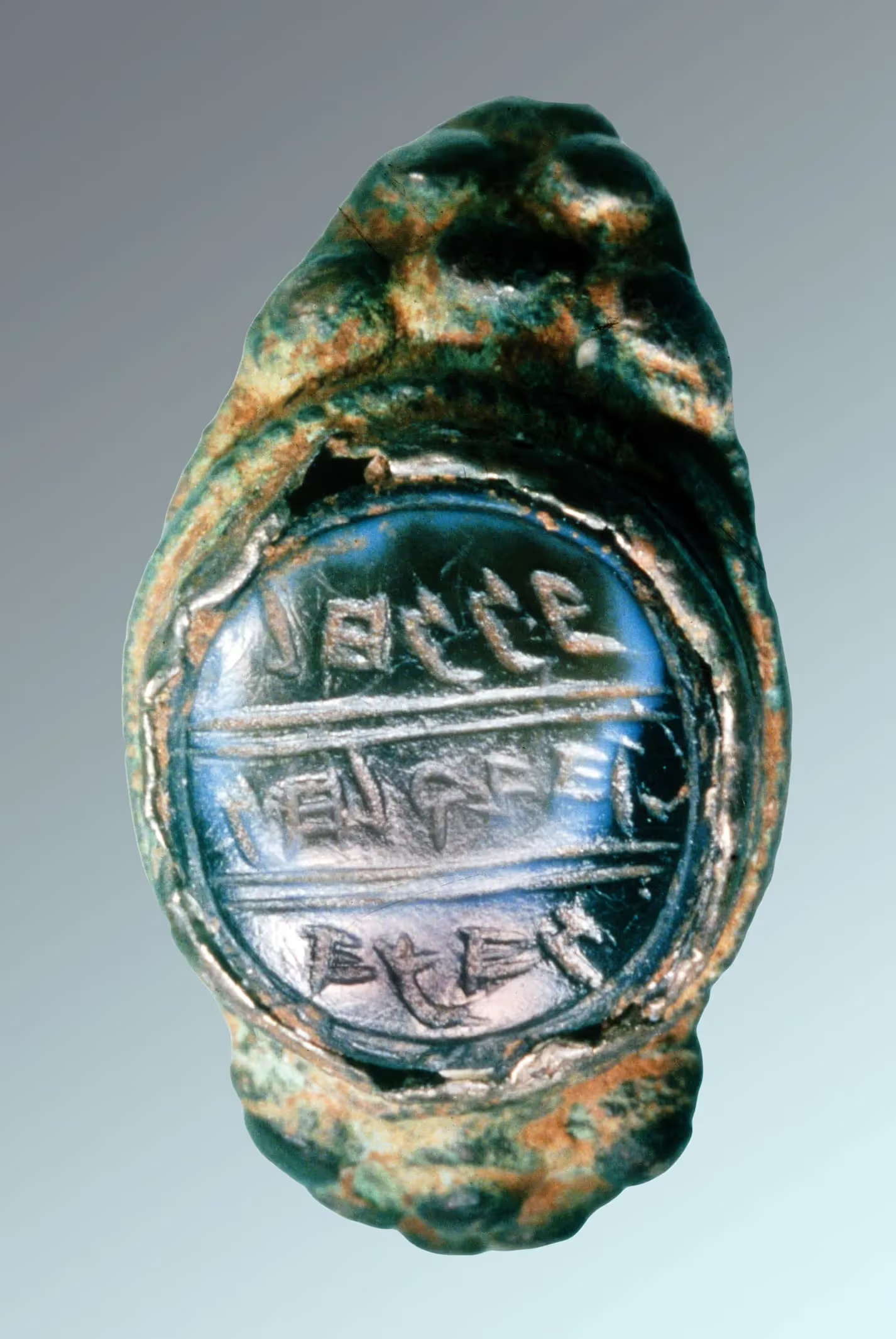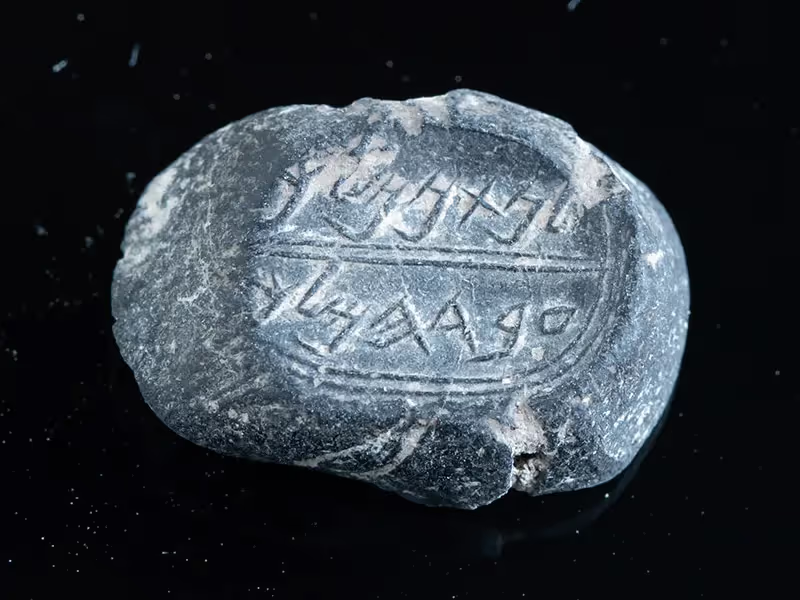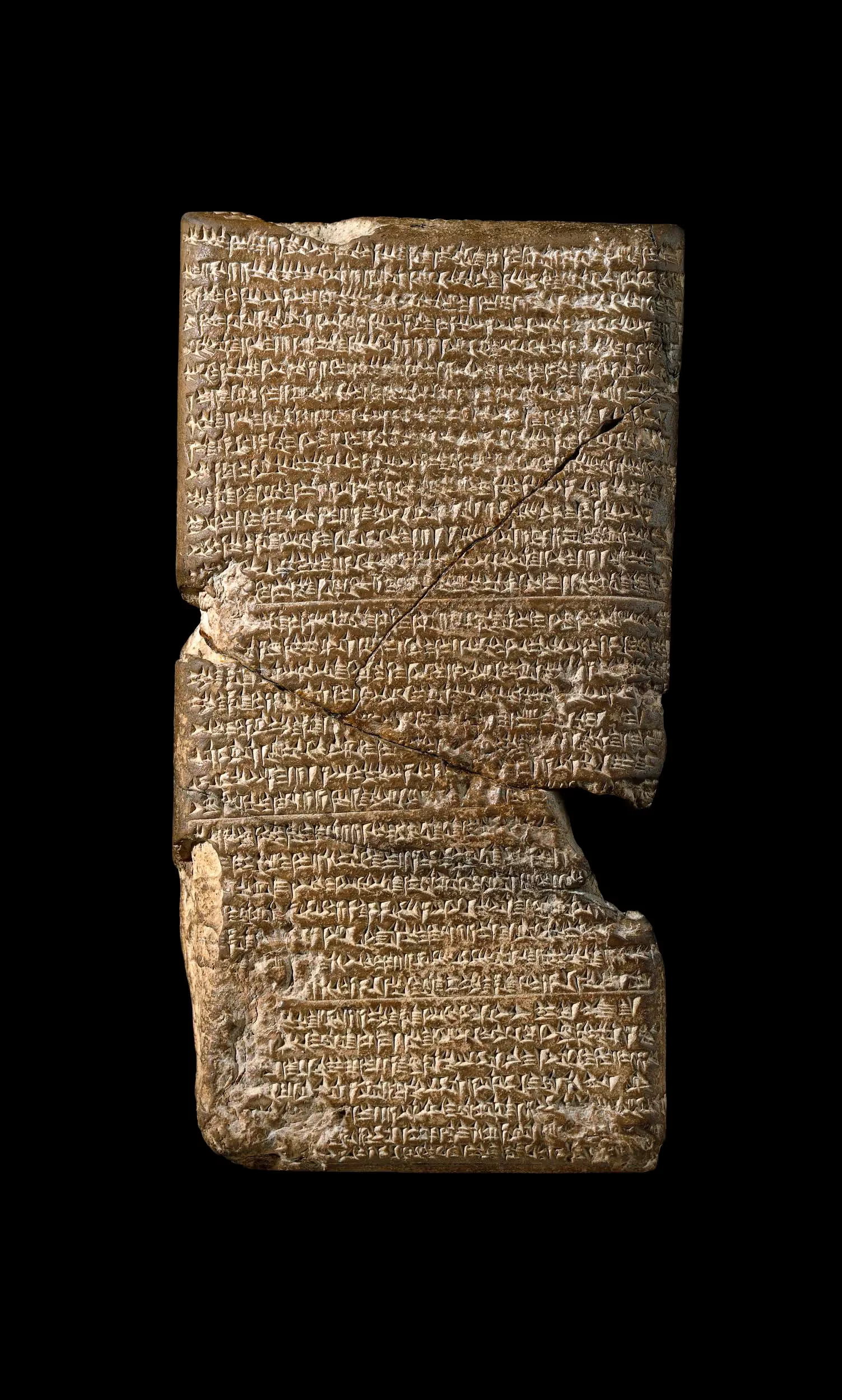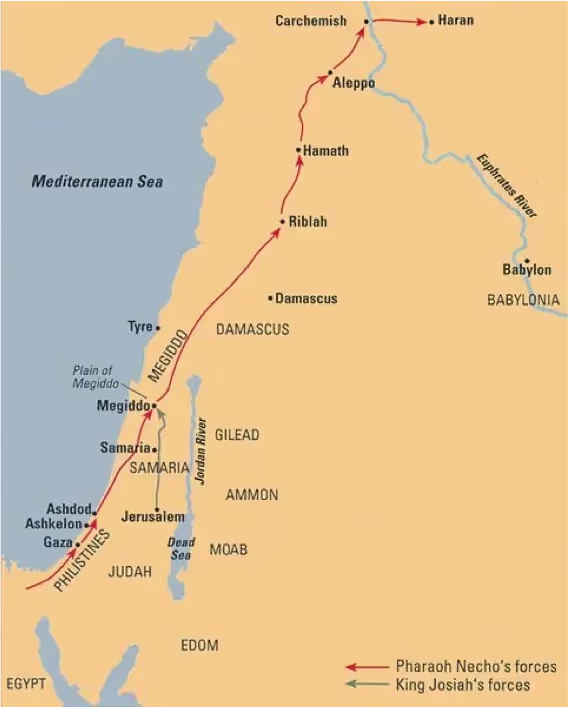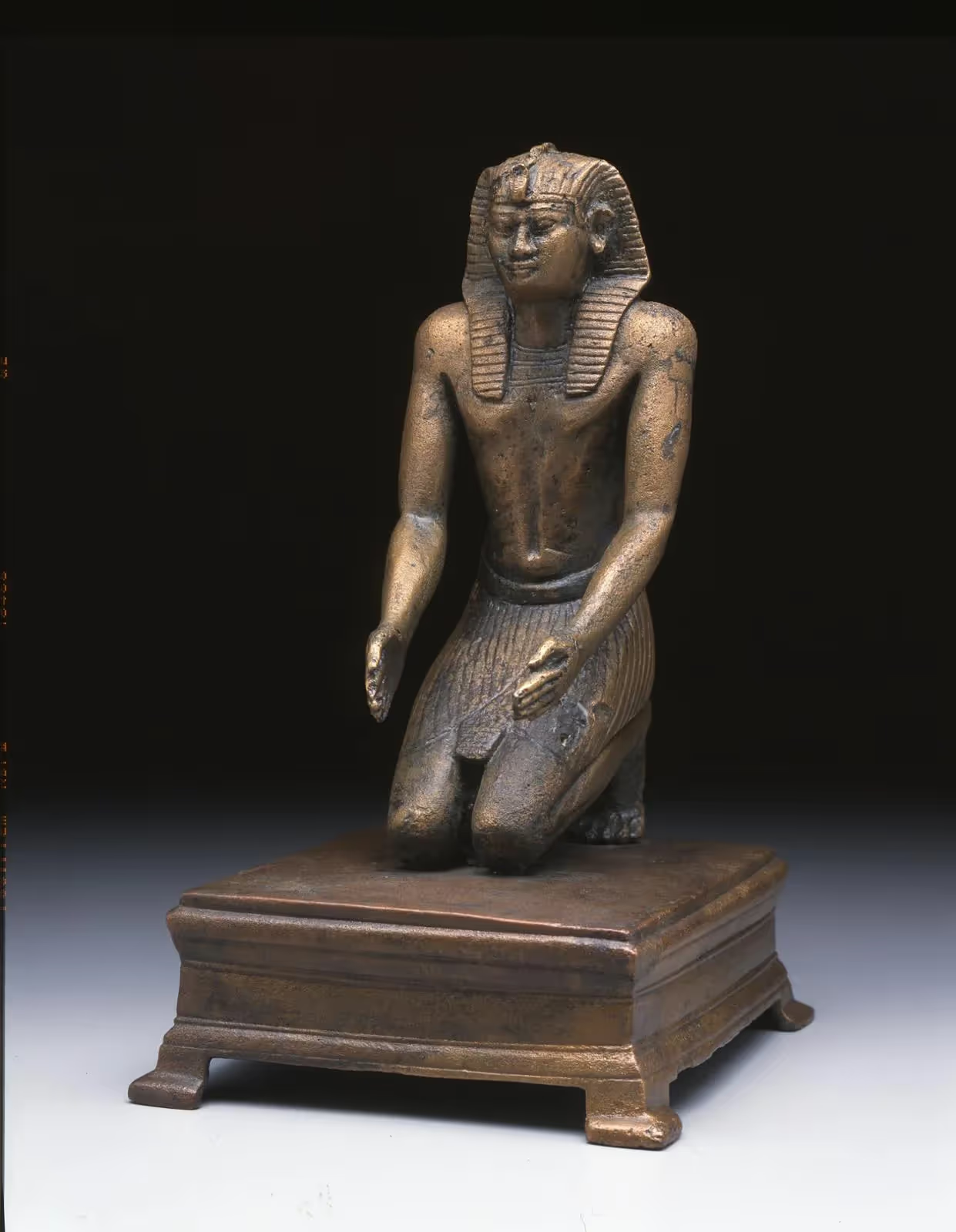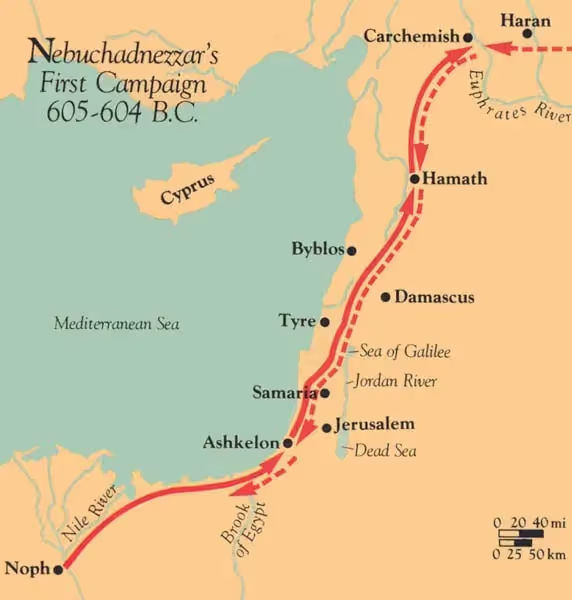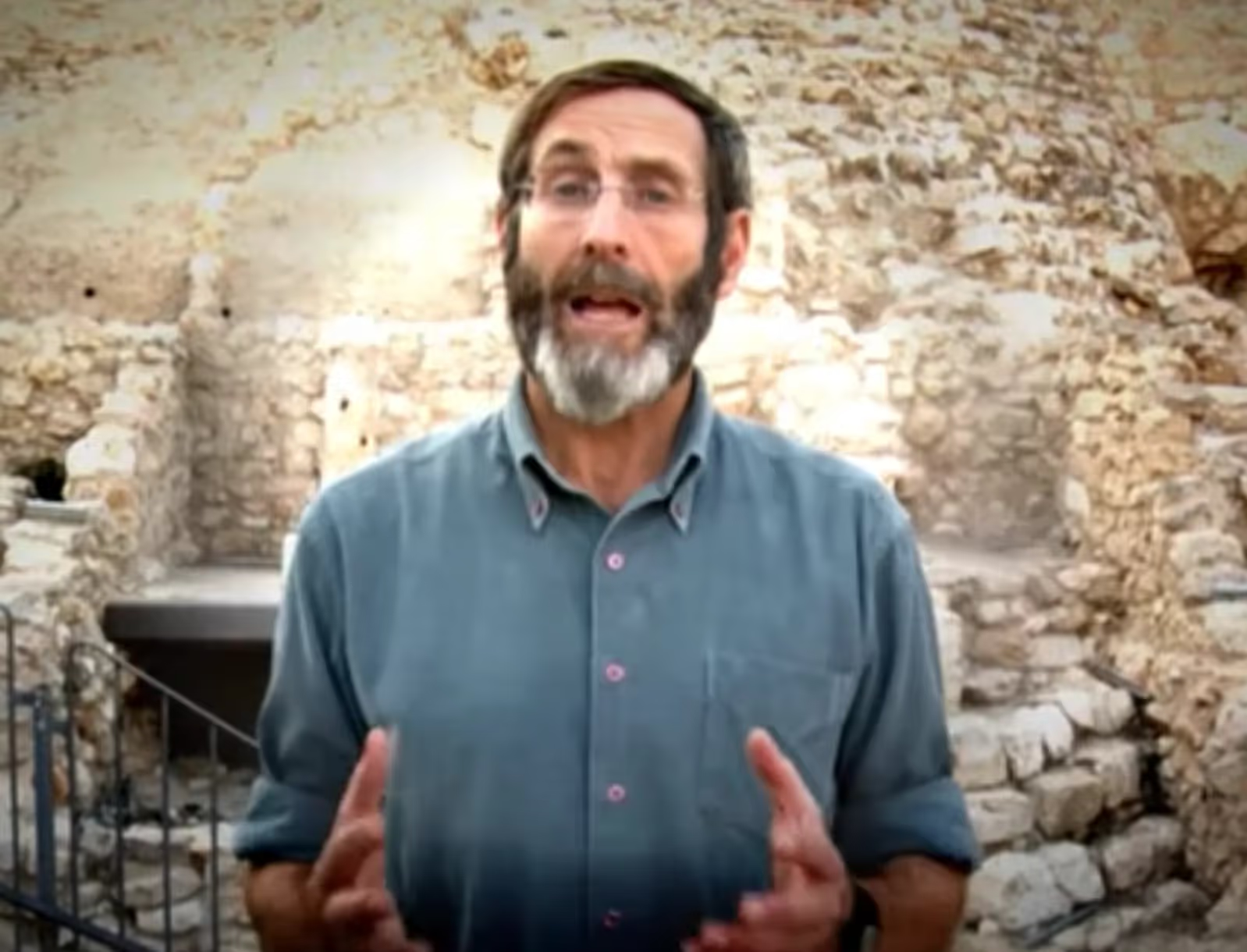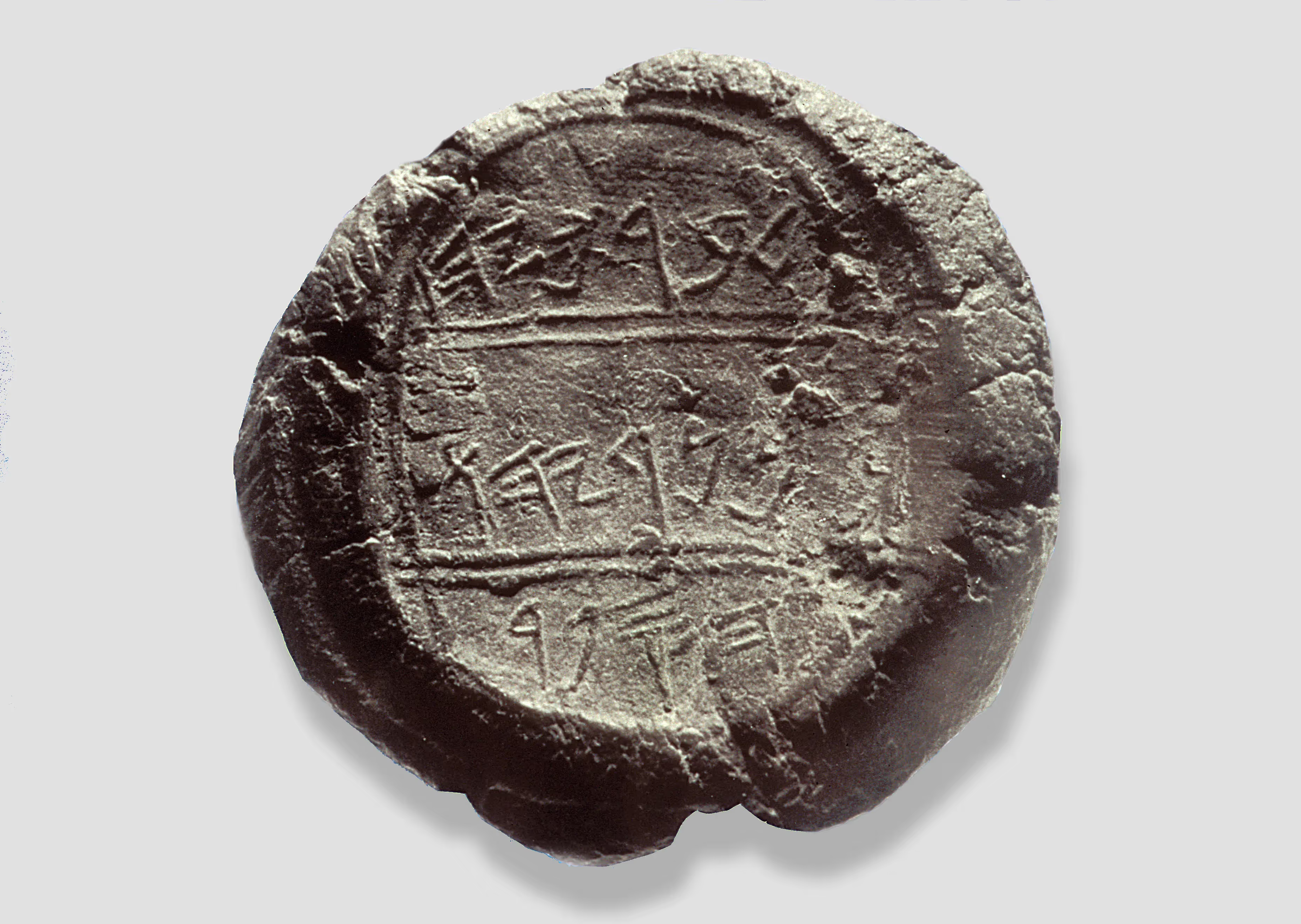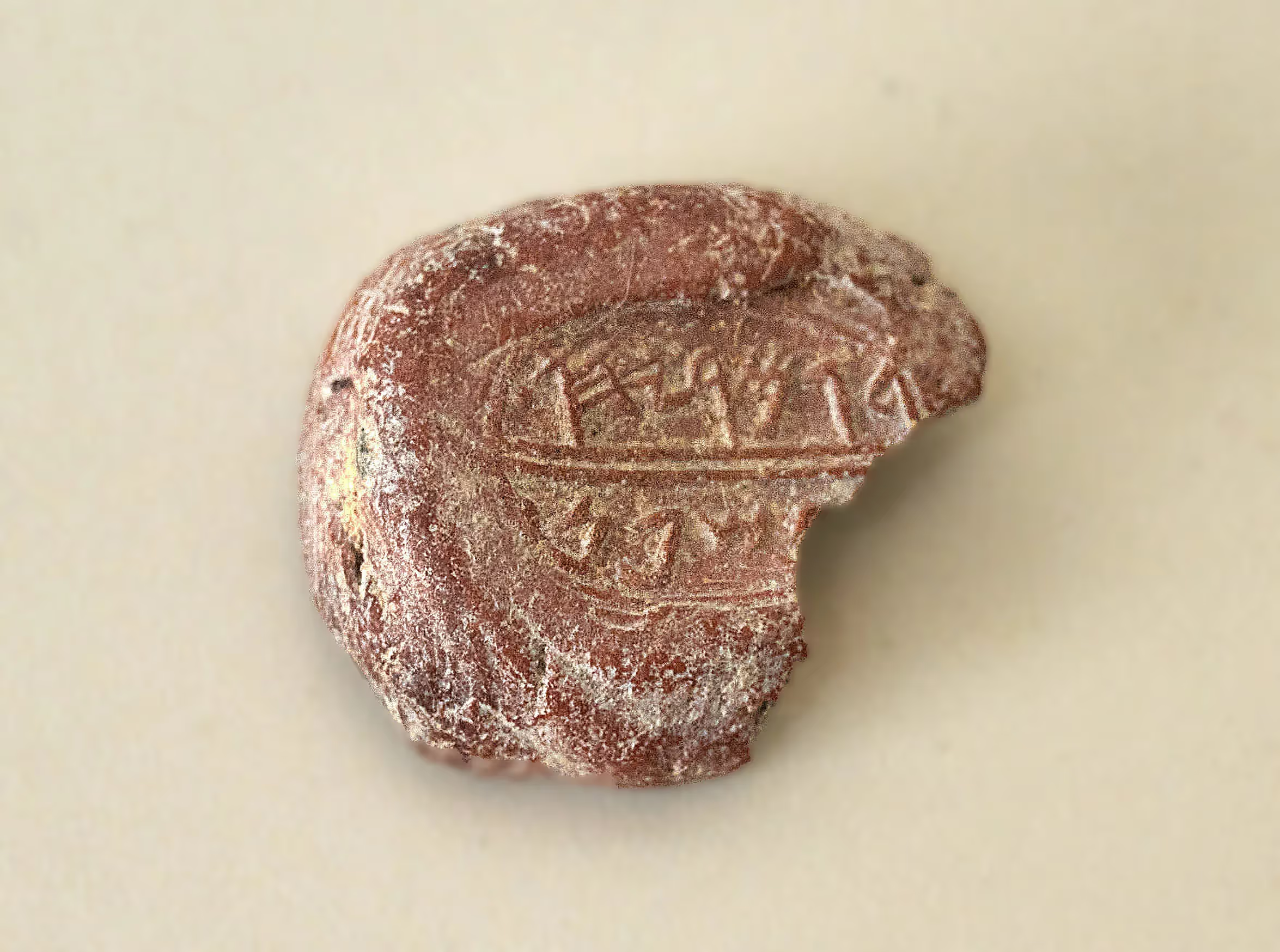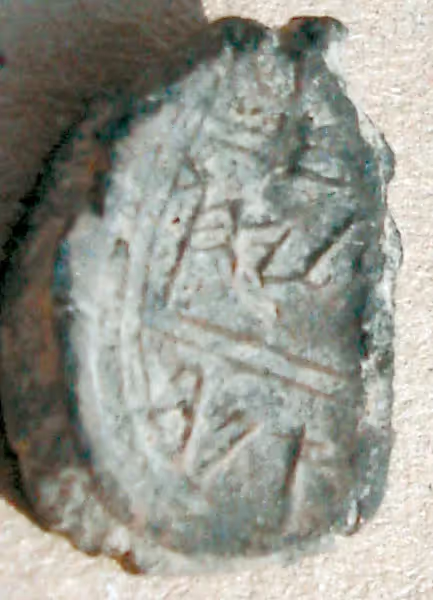El rey Joacim corta el rollo del pronunciamiento de Jeremías
Joacim, el hijo de Josías, era violento, corrupto y un rey codicioso que robaba el dinero del pueblo. Las palabras de Jeremías en contra de la corrupción fueron documentadas por el escriba Baruch Ben Neryah y leídas ante el pueblo. Este documento llega a Joacim quien lo rompe furiosamente y lo tira al fuego.
Jeremías 36: 23
Y cada vez Jehudí leía tres o cuatro columnas, el rey las rasgaba con un cortaplumas de escriba y las arrojaba al fuego que había en el brasero. Así hasta que todo el rollo se consumió en el fuego del brasero.
En esta imagen se ve un extraño documento de papiro que fue descubierto en 2016, que data del siglo VII AEC. Contiene la referencia extra bíblica más temprana conocida a Jerusalén escrita en letras hebreas. El papiro es muy parecido al que el rey Joacim habría cortado y arrojado al fuego.
Escrito en hebreo antiguo dice lo siguiente:
«De la sierva del rey, de Naharata, dos odres de vino a Jerusalén».
La ciudad de Naara es mencionada en Josué 16:7 como tal que se encontraba situada sobre el límite de Efraim y Benjamin.
Visión general
En 2016, se descubrió un extraño documento de papiro, que data del siglo VII AEC. El documento contiene la referencia bíblica más temprana conocida de Jerusalén escrita en letras hebreas. El papiro es muy parecido al que el rey Joacim habría cortado y arrojado al fuego.
En la Biblia
Envió el rey a Jehudí a que tomara el rollo, y él lo tomó del aposento de Elisama. Y leyó Jehudí del rollo a oídos del rey y a oídos de todos los jefes que se hallaban junto al rey...Y cada vez Jehudí leía tres o cuatro columnas, el rey las rasgaba con un cortaplumas de escriba y las arrojaba al fuego que había en el brasero. Así hasta que todo el rollo se consumió en el fuego del brasero.
"וַיִּשְׁלַ֨ח הַמֶּ֜לֶךְ אֶת־יְהוּדִ֗י לָקַ֨חַת֙ אֶת־הַמְּגִלָּ֔ה וַיִּ֨קָּחֶ֔הָ מִלִּשְׁכַּ֖ת אֱלִֽישָׁמָ֣ע הַסֹּפֵ֑ר וַיִּקְרָאֶ֤הָ יְהוּדִי֙ בְּאָזְנֵ֣י הַמֶּ֔לֶךְ וּבְאָזְנֵי֙ כָּל־הַשָּׂרִ֔ים הָעֹֽמְדִ֖ים מֵעַ֥ל הַמֶּֽלֶךְ... וַיְהִ֣י כִּקְר֣וֹא יְהוּדִ֗י שָׁלֹ֣שׁ דְּלָתוֹת֮ וְאַרְבָּעָה֒ יִֽקְרָעֶ֨הָ֙ (הַמֶּלֶךְ) בְּתַ֣עַר הַסֹּפֵ֔ר וְהַשְׁלֵ֕ךְ אֶל־הָאֵ֖שׁ אֲשֶׁ֣ר אֶל־הָאָ֑ח עַד־תֹּם֙ כָּל־הַמְּגִלָּ֔ה עַל־הָאֵ֖שׁ אֲשֶׁ֥ר עַל־הָאָֽח."

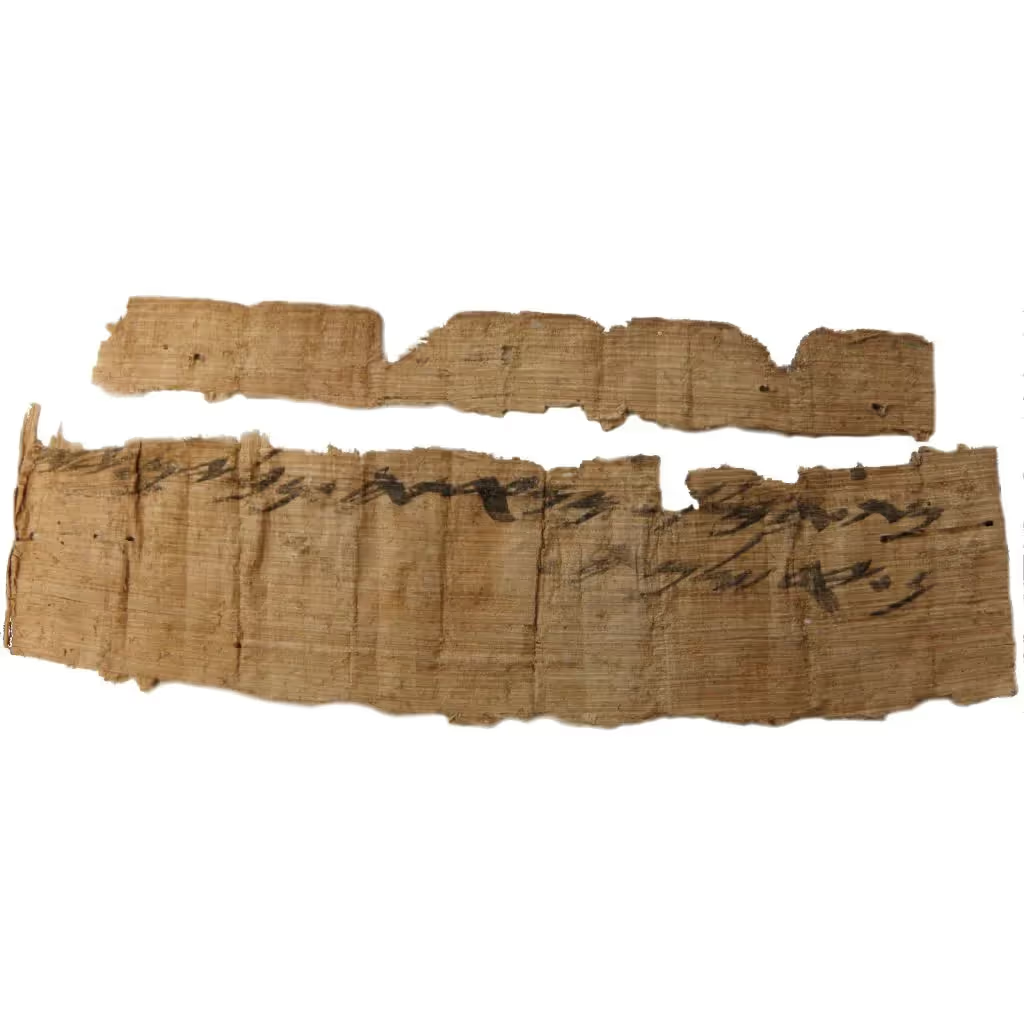


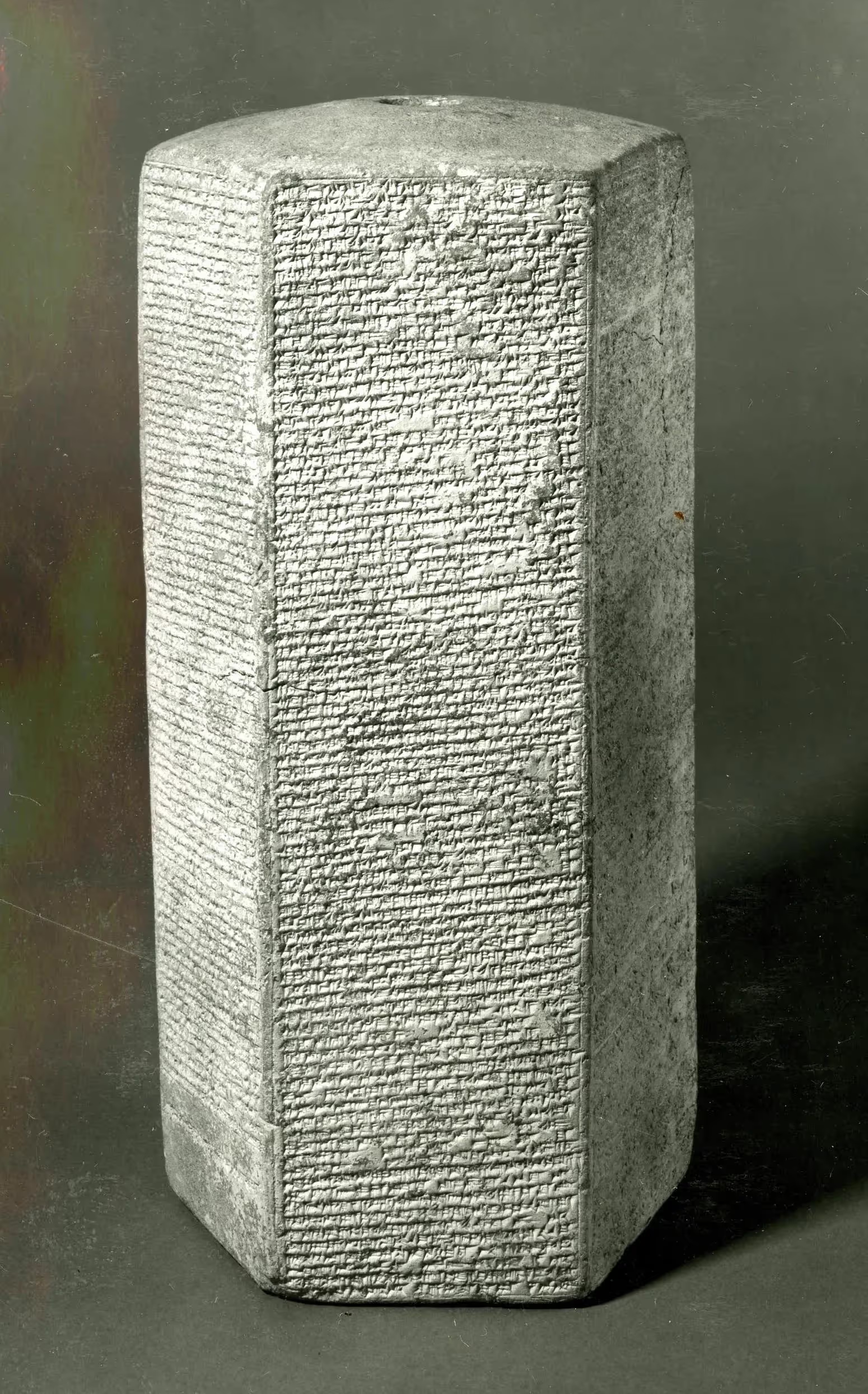
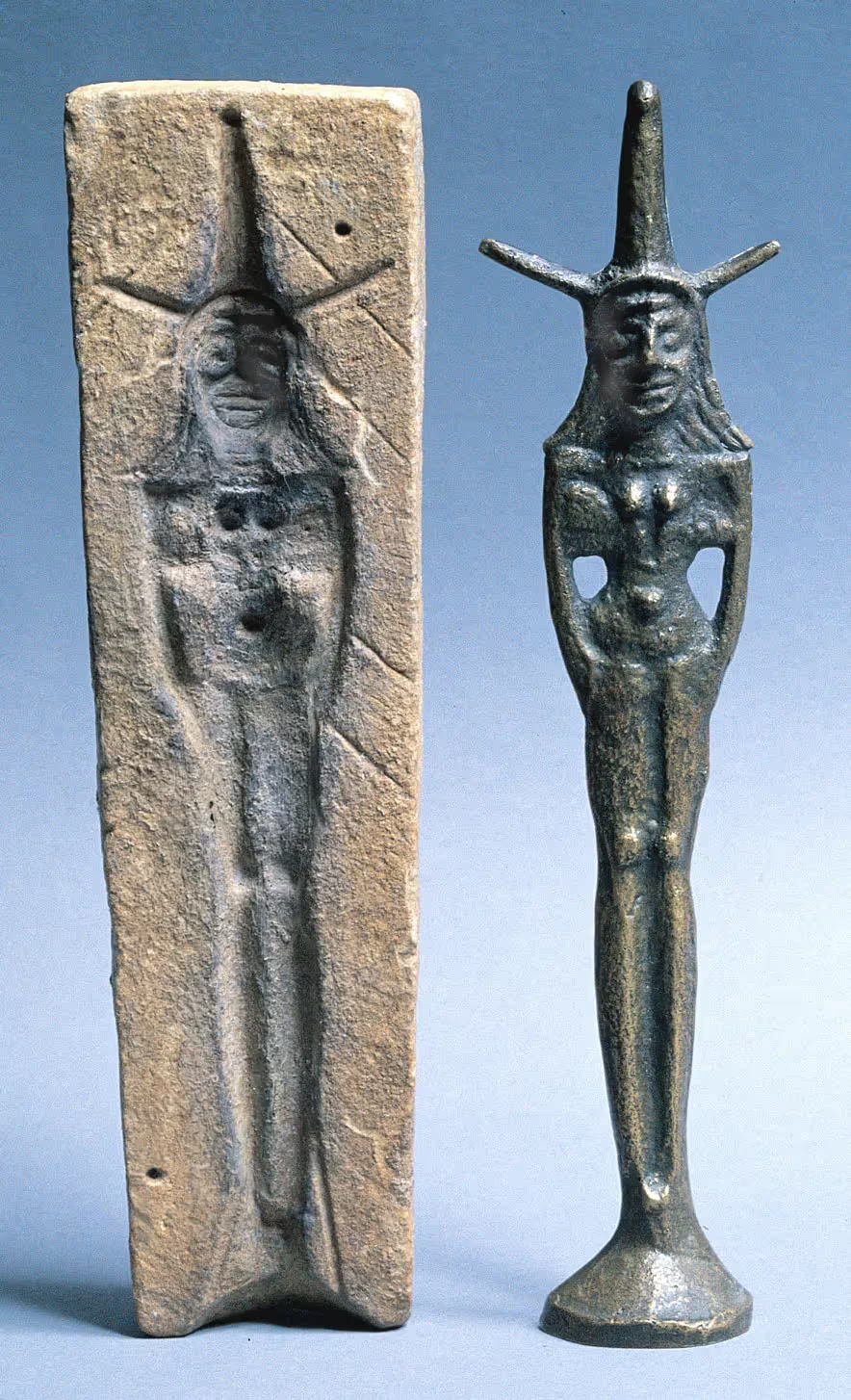
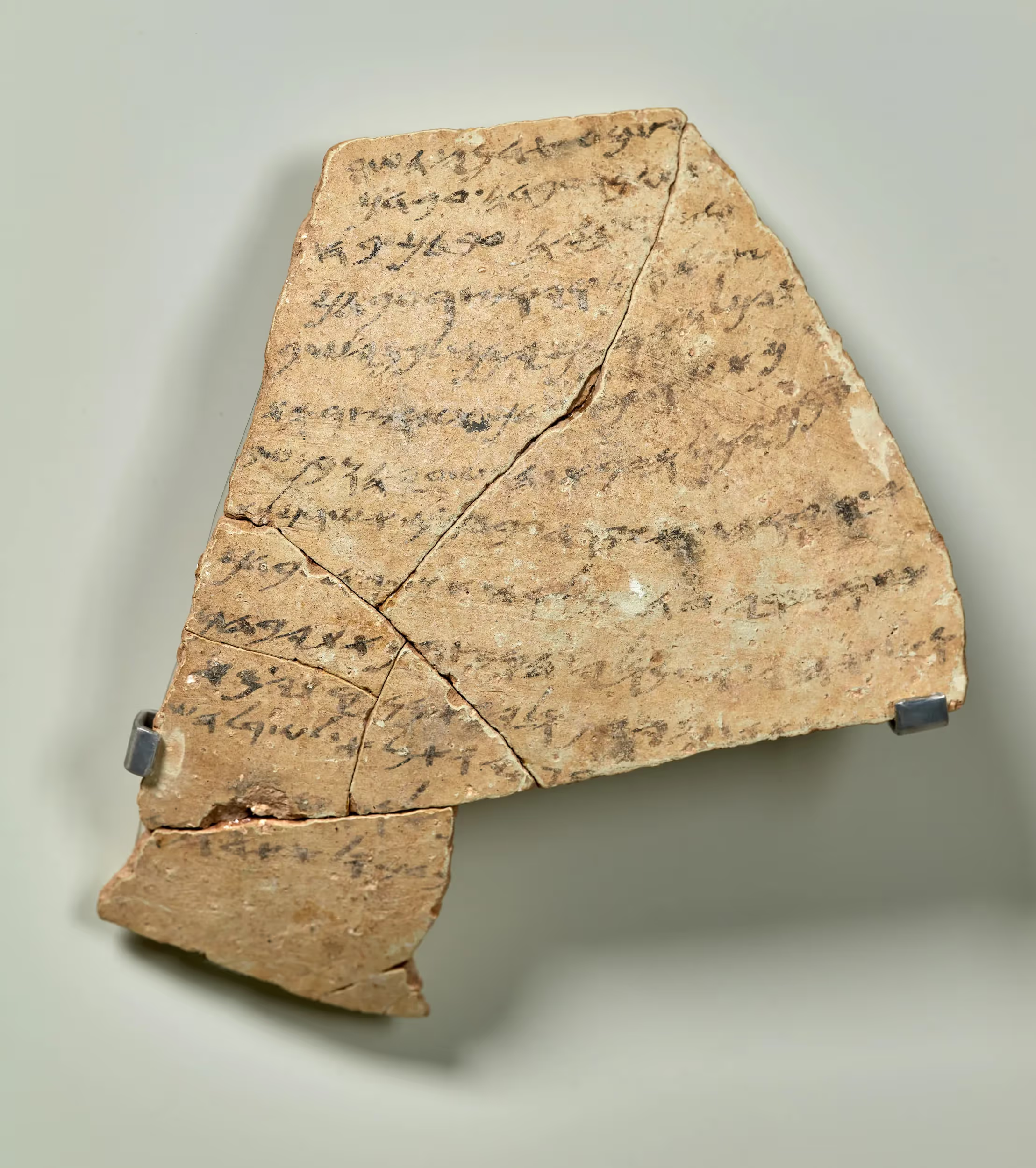
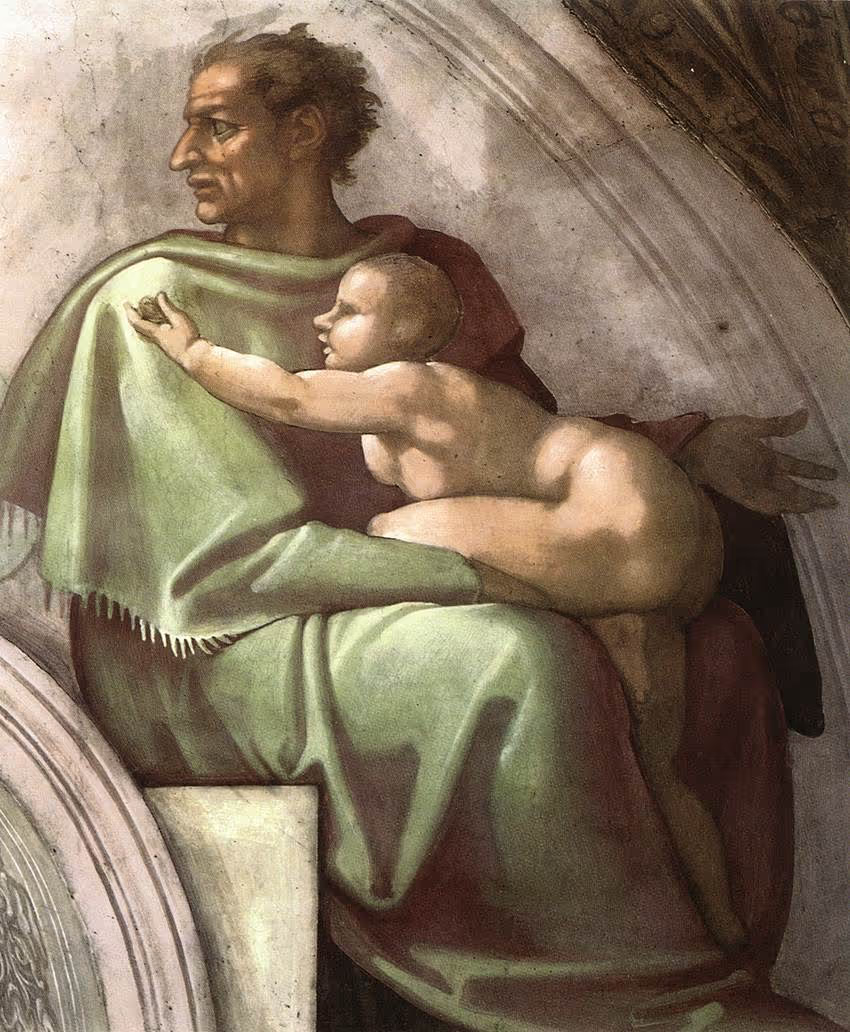
.avif)

